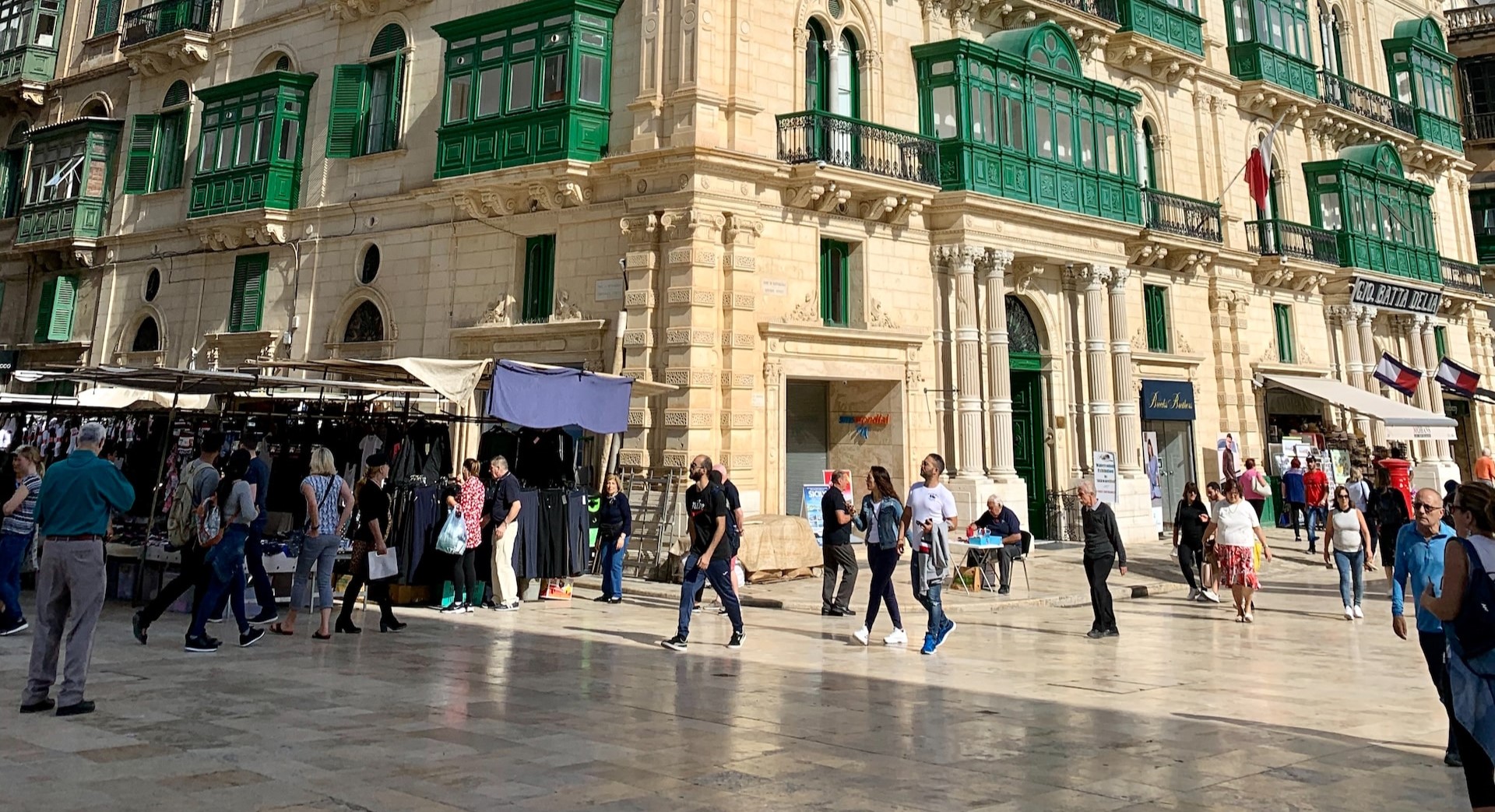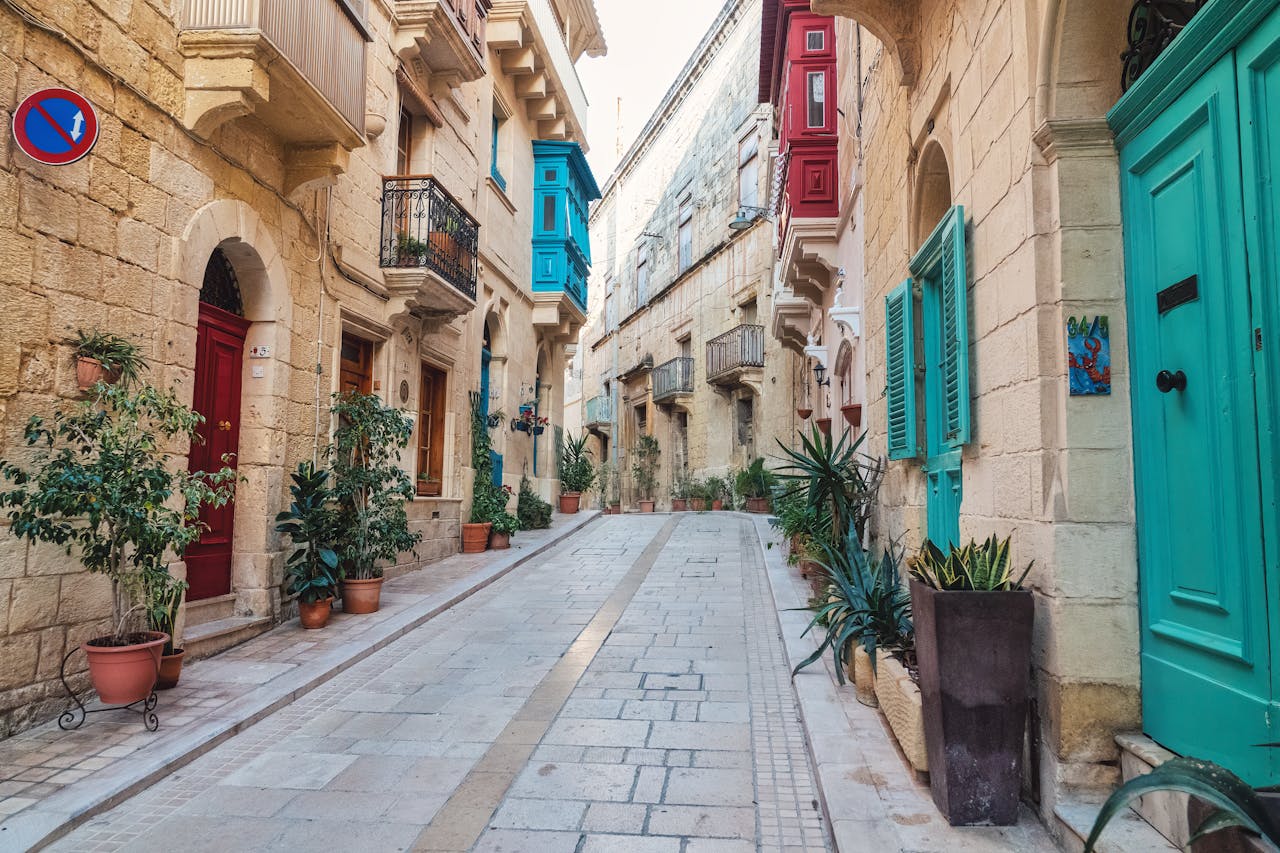Malta came in 41st out of 176 on the Index of Economic Freedom 2023, just behind Poland and ahead of Malaysia as it sees its overall score drop to its lowest level since 2017.
The index was developed by The Heritage Foundation, an influential conservative American think-tank which promotes pro-business policies.
Malta scored 67.5 in economic freedom, a drop of four points from 2022, taking it out of the mostly free category and downgrading it to moderately free. Nevertheless, Malta’s score is still well ahead of the World average score of 59.3 however it has fallen below the European Union average of 70.5.
Since the index was first published in 1995, Malta’s score improved by 11.2, taking it out of the mostly unfree category.
While the foundation recognised improvements in the country’s regulatory efficiency and rule of law, its score was weighed down by its ‘sprawling bureaucracy’ and the country’s stint on the FATF greylist.
“Despite a relatively good performance in many areas of economic freedom, some institutional foundations remain weak, undermining prospects for more dramatic growth,” read the foundation's report on Malta.
“Bureaucracy continues to discourage dynamic entrepreneurial activity.”
The highest-scoring country in the index is Singapore, having garnered 83.9 points, marginally ahead of Switzerland (83.8).
The EU’s own Ireland comes in third, scoring 82 points. The country’s score is attributed to its well-institutionalised property rights, regulatory efficiency, and flexible labour market.
Compared to the rest of the EU, Malta sits in the 19th position out of 27 countries.
The worst-performing country in the EU is Greece (56.9), while globally, the country with the lowest score is North Korea, with just 2.9 points.
Malta wins top international tourism award in Italy
Recent initiatives aimed at diversifying tourism flows and strengthening off-peak demand
Welbee’s doubles down on Christmas cheer with ambitious plans for 2026
Head of Marketing Miguel Borg outlines how Welbee’s is closing the year with momentum and what's in store for 2026
New Msida flyover comes with triple-layered barriers
It also includes a barrier between the two lanes that can be dismantled in case of an emergency






